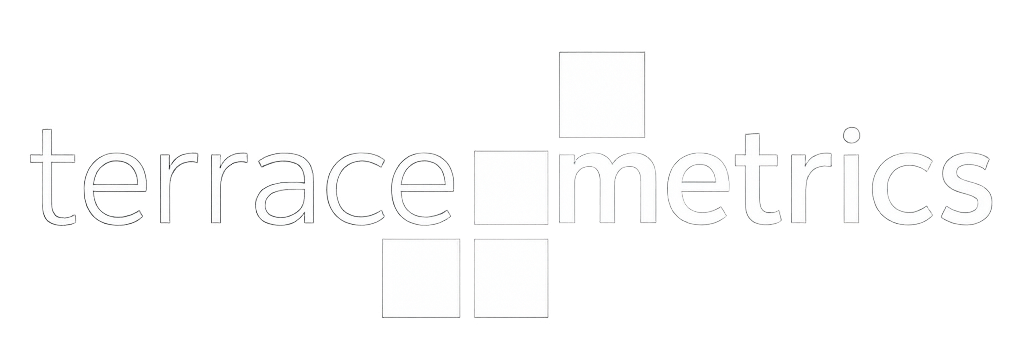Personal Standards
"Without standards, there can be no improvement." – Taiichi Ohno
What Are Personal Standards?
Our personal standards are a set of attitudes and behaviours that we choose to follow. They are mainly based on expectations that we, and often others, have of ourselves. They provide the benchmark of performance in our lives.
Each and everyone of us sets certain personal standards for ourselves. However, we all differ in how high (or low) we set these standards.
It can be difficult at times to set our personal standards appropriately. If we set them too low, we risk diminishing our motivation and drive towards achieving our goals. On the other hand, setting them too high can result in disappointment and distress.
Understanding Your Personal Standards Score
Your personal standards are well-balanced and realistic. You maintain high expectations while being kind to yourself when things don't go perfectly.
Your standards are generally appropriate, with some room for fine-tuning to optimize your motivation and well-being.
Your standards may be either too high or too low, potentially affecting your motivation or causing unnecessary stress.
Your current standards may be significantly impacting your well-being, either through perfectionism or lack of motivation.
Important Note: Having high expectations of yourself is not always a good thing. If your standards are unrealistically high and/or paired with high levels of self-criticism, you might feel like you are unable to achieve them.
Examples of Personal Standards
When setting our personal standards, we essentially decide a) what we aspire to and b) what we want out of life. Our standards help us align our behaviour with our goals and views.
Loyalty
Being faithful and committed to relationships, values, and principles that matter to you.
Health & Fitness
Maintaining physical and mental well-being through consistent healthy choices.
Self-Discipline
The ability to control impulses and stick to commitments even when it's challenging.
Gratitude
Regularly acknowledging and appreciating the positive aspects of life.
Morals
Living according to your ethical principles and doing what you believe is right.
Authenticity
Being true to yourself and expressing your genuine thoughts and feelings.
How Are Standards Different From Goals?
Personal Standards
Think of your standards as the "why" you desire certain things or want to do things a certain way. Your standards determine what you expect of yourself. They are often fixed and do not change or bend easily.
Goals
Goals are the "how" you aim to reach what you desire. They are set by you in order to achieve what is important to you or what you deem necessary. They can be short or long-term and are more fluid.
Why Working On Your Personal Standards Is Important
Personal standards are an important component of self-discipline and self-esteem.
Better Performance & Productivity
High standards drive you to excel and achieve more in your personal and professional life.
Higher Motivation & Self-Confidence
Appropriate standards boost your drive and belief in your abilities to succeed.
Stronger Relationships
Clear personal standards help you build more meaningful and authentic connections with others.
Personal Standards And Self Criticism
Your Terrace Metrics assessment results will also have given you information about your self-criticism. This refers to negative thoughts about yourself or, more specifically, about your ability to complete a particular goal or task.
Your personal standards largely influence your level of self-criticism and vice versa. Setting unrealistic standards and being highly self-critical can make you feel that you are unable to live up to those standards, resulting in perceived failure and self-punishment.
In order to ensure good mental health, motivation and productivity, it is important to find the right balance between how high you set your standards and your level of self-criticism. Please consider exploring tools for improving both areas.
How Can You Set Your Personal Standards Appropriately?
As with a lot of things in life, it's all about balance. Set yourself high standards, but be realistic about them and allow for mistakes. It is perfectly normal to realise that you have adopted standards that are not the most appropriate or self-caring; what matters most is how you go about changing them.
Step 1: Awareness
Sometimes you will set your standards consciously, other times you will have adopted them from others (e.g. your parents) without realising it. By becoming aware of the expectations you have for yourself, you can take ownership of your life choices and aim for better.
Step 2: Changing Standards
You might identify yourself as someone with relatively low standards and be looking for ways to increase them. Alternatively you might identify yourself as having standards that are set too high and be aiming to make them more realistic.
Tools To Work On Your Personal Standards
Evaluating My Standards
Become aware of areas where you might have set your standards inappropriately. This tool is a quick way to see areas where you could improve your standards and areas where your standards are high or even too high.
Start NowThe Wheel Of Standards
This tool helps you identify which personal standards are the most important to you. Everyone has expectations for certain aspects of their lives, but we differ in terms of which are the most important to us.
Start NowSetting Expectations Worksheet
After becoming aware of the standards you set for yourself, this tool can help you work on those that you are unsatisfied with. You need to have completed the 'Evaluating My Standards' worksheet in order to proceed.
Start NowChanging My Standards
This is the last step in learning how to set yourself appropriately high standards. You need to have completed both the 'Evaluating My Standards' and the 'Setting Expectations' worksheets before continuing.
Start Now